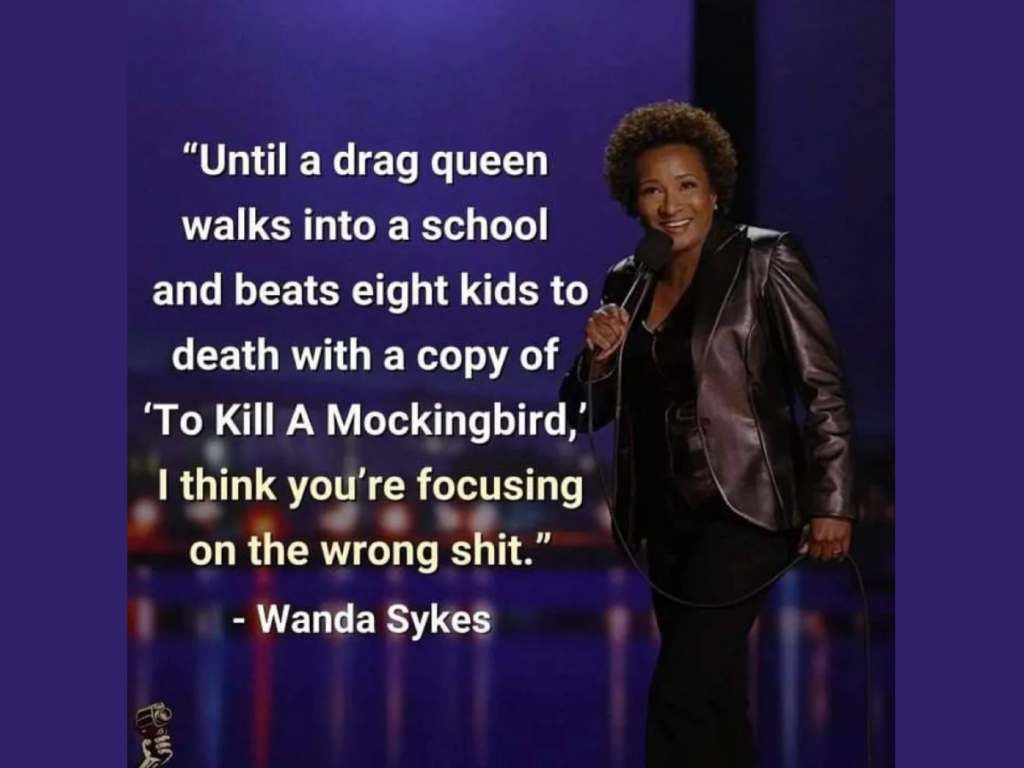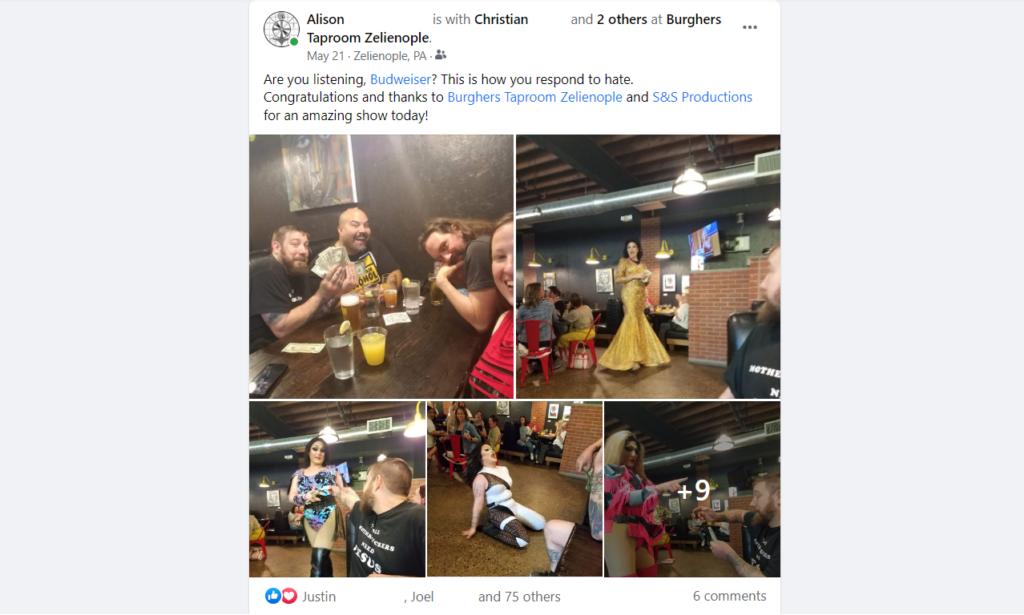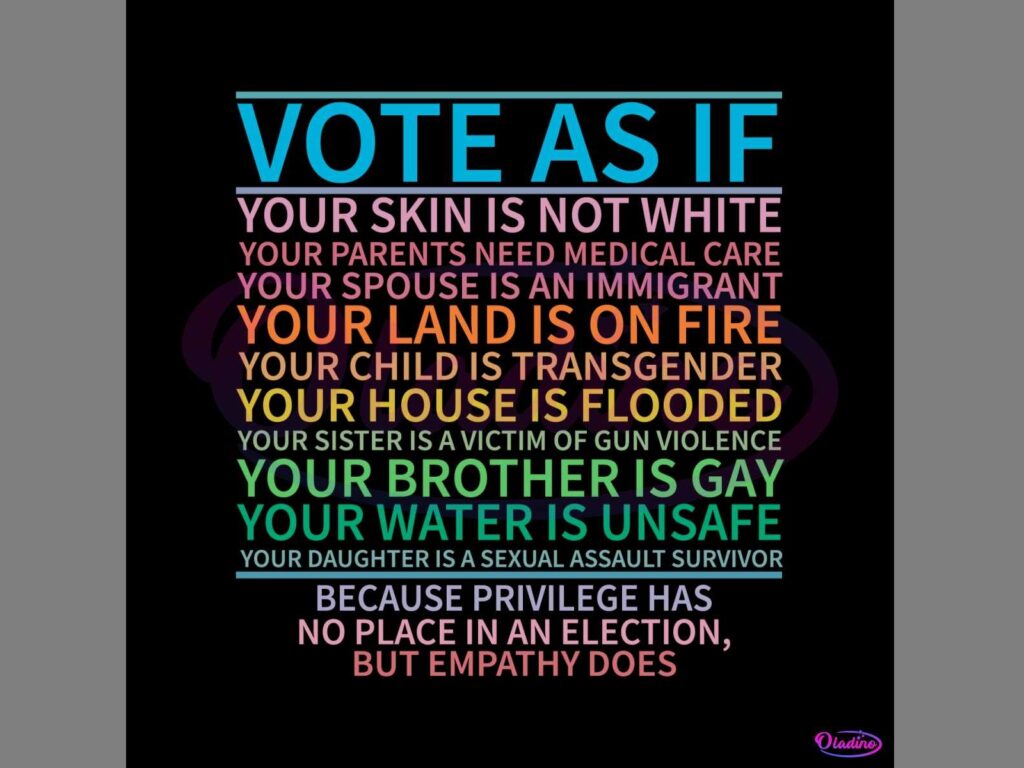This post begins with a story about a nonprofit research institute devoted to the study of human sex and sexuality. Its founder was a leader in the field, and the institute earned a global reputation for its research, as well as its advocacy for the rights of homosexual, transgender, and intersex individuals. The team there performed various services, including marriage and sex counseling, access to contraceptives and gynecological exams, and gender-affirming surgery, for thousands of people, often at no cost. Unfortunately, the facility was destroyed by members of an extremist group who, several days later, burned the entire contents of the research library, including 20,000 or more books, rare medical and anthropological documents, and case studies of patients receiving new types of care.[1]
No, these events did not take place in modern-day America, but in 1933 Berlin. The looters were members of a youth group tied to the Nazi party.[2]
“Das war ein Vorspiel nur, dort wo man Bucher verbrennt man auch am Ende Menschen.”
– Heinrich Heine (1797-1856)
“That was but a prelude; where they burn books, they will ultimately burn people also”.
Magnus Hirschfeld founded the Institute for the Science of Sexuality in 1919 and championed the concept of “sexual intermediacy,” or understanding where individuals fell on the spectrum of male to female. He believed that aspects of human sexuality, such as homosexuality, or identity, such as gender fluidity, were natural outcomes of human biology, not deviant behaviors. As such, he founded his institute and also the Scientific-Humanitarian Committee (one of the world’s first gay rights groups) with the belief that if people understood the biology, they would abandon their prejudices. Again, unfortunately, much of that knowledge was lost in the wake of Hitler’s appointment as chancellor, after which vast quantities of research, literature, and any cultural works deemed “un-German” were destroyed.[3]

Image credit: [4]
Hirschfeld was obviously a man after my own heart: give people the science, and they will understand… much like my “build it and they will come” approach to this blog. The tragic demise of his Institute for the Science of Sexuality at the hands of Nazis reminds us that concepts like transgender and non-binary are not new, nor are they unnatural. But it also reminds us that those in positions of authority can influence or rewrite the prevailing narrative to tell us otherwise. And while these events took place in Nazi Germany, we can’t ignore the parallels to modern-day book bans and anti-LGBT legislation in what is ostensibly a “free country.”
A Platform for Prejudice
A complicating factor in modern day is that “positions of authority” have become very different in the digital age, made more achievable by the invention of the internet. Political leaders, certainly, still have a massive amount of influence over their constituents, but so do pundits, social media influencers, and AI bots.[5] Because social media is driven by algorithms that elevate sensationalism, “slow media” and thoughtful analyses are frequently drowned out by hot-takes from vocal minorities.[6] And those hot-takes get amplified in the social media echo chamber to extreme proportions, to the point that we now see multi-billion dollar, multi-national organizations bowing to an outraged fraction of their consumers. At least that is what we saw Budweiser do this spring.
I’ve written before about sexism and gatekeeping in the beer community, which happens both on the production and consumption ends of the spectrum, despite the fact that brewing beer was women’s work for centuries.[7] It was largely an outcome of 20th century marketing that made beer a “manly” drink, made for men, by men, and served by women. However, there was major social media backlash after one woman in particular did a promotion for Bud Light during March Madness. Dylan Mulvaney, internet personality who happens to be a trans woman, made an Instagram post about Bud Light and a special can featuring her face to commemorate a transition milestone for her.[8] After that, the internet was full of outrage, boycotts, and Kid Rock shooting cases of Bud Light with a machine gun.

Image credit: [9]
The level of backlash was not really surprising, but the response from Budweiser was. An anemic statement from the CEO of Anheuser-Busch (Budweiser’s parent company) that talked about unity [10] followed by an uncompelling commercial loaded with generic Americana [11] made it clear that the company was trying – and failing – to play to both sides of the issue. Bud didn’t walk back their stance hard enough for their conservative consumers, and they didn’t actually lean into their stated goal of promoting inclusion, which ultimately resulted in something that seemed disingenuous to everyone.[12] Their actions indicate that they were worried about a boycott from one side, but there were instead calls for boycotts from both, and their stock price tumbled.[13]
While I am not equating a CEO making poor decisions in the name of protecting his bottom line with Nazi youth looting an institution that provided healthcare to transgender patients, I do want to point out that Budweiser / AB InBev missed a golden opportunity to truly commit to their goal of bringing in a younger, more diverse clientele – and to stand up to bigotry in the process. We know that boycotts of companies or products typically don’t last long because consumers tend to revert to convenient, inexpensive, and habitual activities.[14] Furthermore, we have seen big companies successfully navigate side-taking on divisive issues, such as Nike supporting Colin Kaepernick after his protests against police brutality – and ultimately seeing their stock price rise over the long term, despite initial boycotts.[15]
Closer to Home
The majority of Budweiser’s conservative boycotters likely would have come back after that media cycle had run its course and the next culture war crisis emerged. What will last as a result of this media fiasco, however, is the reminder that Bud did not push back against bigotry when they could have – and lack of boundaries is a dangerous thing when hate is involved. In a time when more anti-LGBT legislation is being introduced in states across the country and prevalence of hate crimes toward members of that community is on the rise, a major company’s effective silence on the subject only further emboldens those who want to limit basic rights, healthcare, education, artistic expression, and safety of an already at-risk group.

We saw a microcosm of this drama play out in real-time here in Pittsburgh recently, fortunately with a better result. Local brewery Burgh’ers had a successful drag show brunch at their location in the city a few months ago and decided to host another one at their location in more rural – and more conservative – Zelienople, north of the city, in May. While the show sold out the same day tickets became available, the brewery caught a lot of flack from community members who said that the event was inappropriate and not family friendly. To Burgh’ers credit, the owners’ response was basically “if you don’t like it, don’t come.”
I was impressed that Burgh’ers did not back out of hosting the show, particularly in light of Budweiser’s recent cowardice, and despite some concerning threats they received in the days leading up to the event – threats that got so bad the company filed a police report.[16] In a further and unexpected show of support, Zelienople’s solicitor released a statement confirming that the event was not considered lewd or obscene.[17] We went, of course, fully prepared for protesters and the possibility of violence. There was a police presence to make sure that customers and performers were safe, but not a single protester showed up. While that story ended well, it doesn’t mean we’ve conquered bigotry – it means we need to do more of what we’re doing.
I fully understand that it can be hard to do the right thing, and sometimes it can be even harder to know what the right thing is when you’re in the middle of a difficult situation. As head of a company that deals with a fraught issue, I have to walk that walk every day, and I don’t always make the right call. But what I do know is that if people are at risk in some way – whether it is their rights, their health, or their safety – it is up to those of us who can push back against those putting them at risk to do just that – because otherwise, our silence will be seen as consent, and the line of what is considered acceptable will continue to shift in the direction of injustice. Standing up against hate and prejudice can take many forms, but more effective than writing a social media post is writing to your legislators; you can vote with your dollar, but make sure you also vote in the booth. The life and wellbeing of someone you know and love may depend on it.

Image credit: [18]
As we come into the end of June, Pride Month, I wish you safety and support if you need them… and opportunities to get involved if you don’t.
Thank you for reading.
[1] https://en.wikipedia.org/wiki/Institut_f%C3%BCr_Sexualwissenschaft
[2] https://www.hmd.org.uk/resource/6-may-1933-looting-of-the-institute-of-sexology/
[3] https://forward.com/culture/549587/trans-book-burning-library-gay-pride/
[4] https://decider.com/2023/05/26/wanda-sykes-im-an-entertainer-netflix-review-stream-it-or-skip-it/
[5] https://radicalmoderate.online/november-2020-elections-part-2/
[6] https://radicalmoderate.online/digital-detox-week-5/
[7] https://radicalmoderate.online/equity-in-brewing-part-3/
[8] https://www.youtube.com/watch?v=CVGDPlG42bU
[10] https://www.anheuser-busch.com/newsroom/our-responsibility-to-america
[11] https://www.youtube.com/watch?v=DTMZKlkXP_k
[12] https://www.cnn.com/2023/05/01/business/bud-light-marketing/index.html
[13] https://www.advocate.com/voices/budweiser-boycott-dylan-mulvaney
[14] https://abcnews.go.com/Business/boycotts-rarely-work-experts-amid-bud-light-anti/story?id=98538734
[15] https://www.cnn.com/2023/05/01/business/bud-light-marketing/index.html
[18] https://oladino.com/product/vote-as-if-lgbtq-rights-pride-month-svg-graphic-design-files/
0 Comments